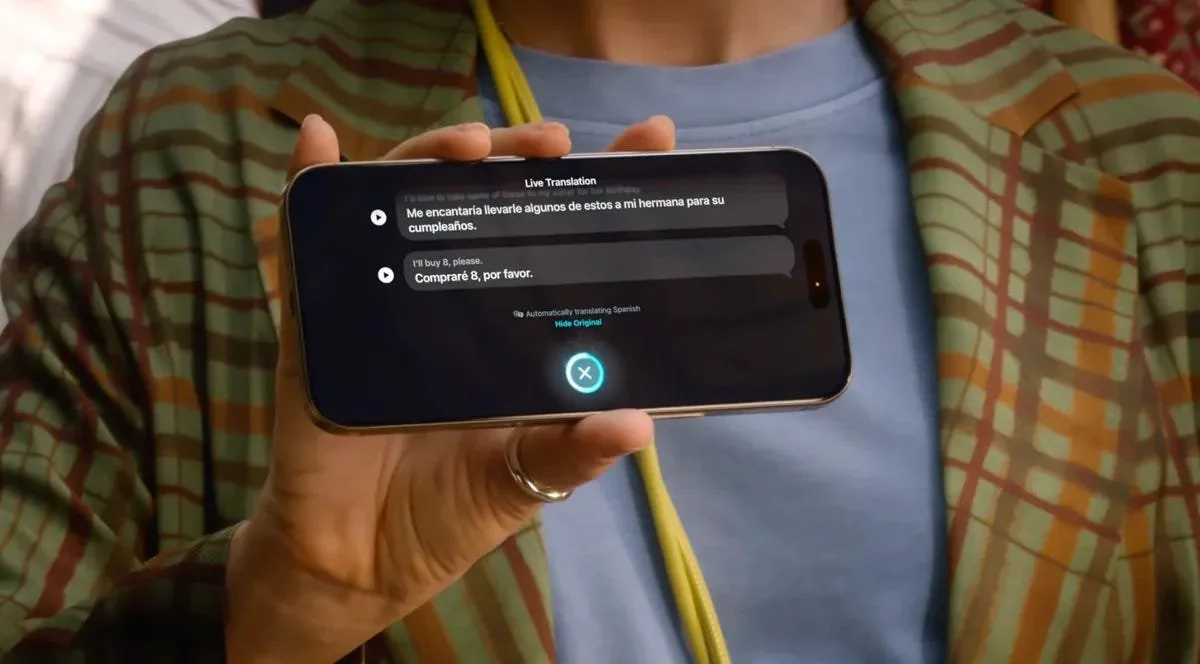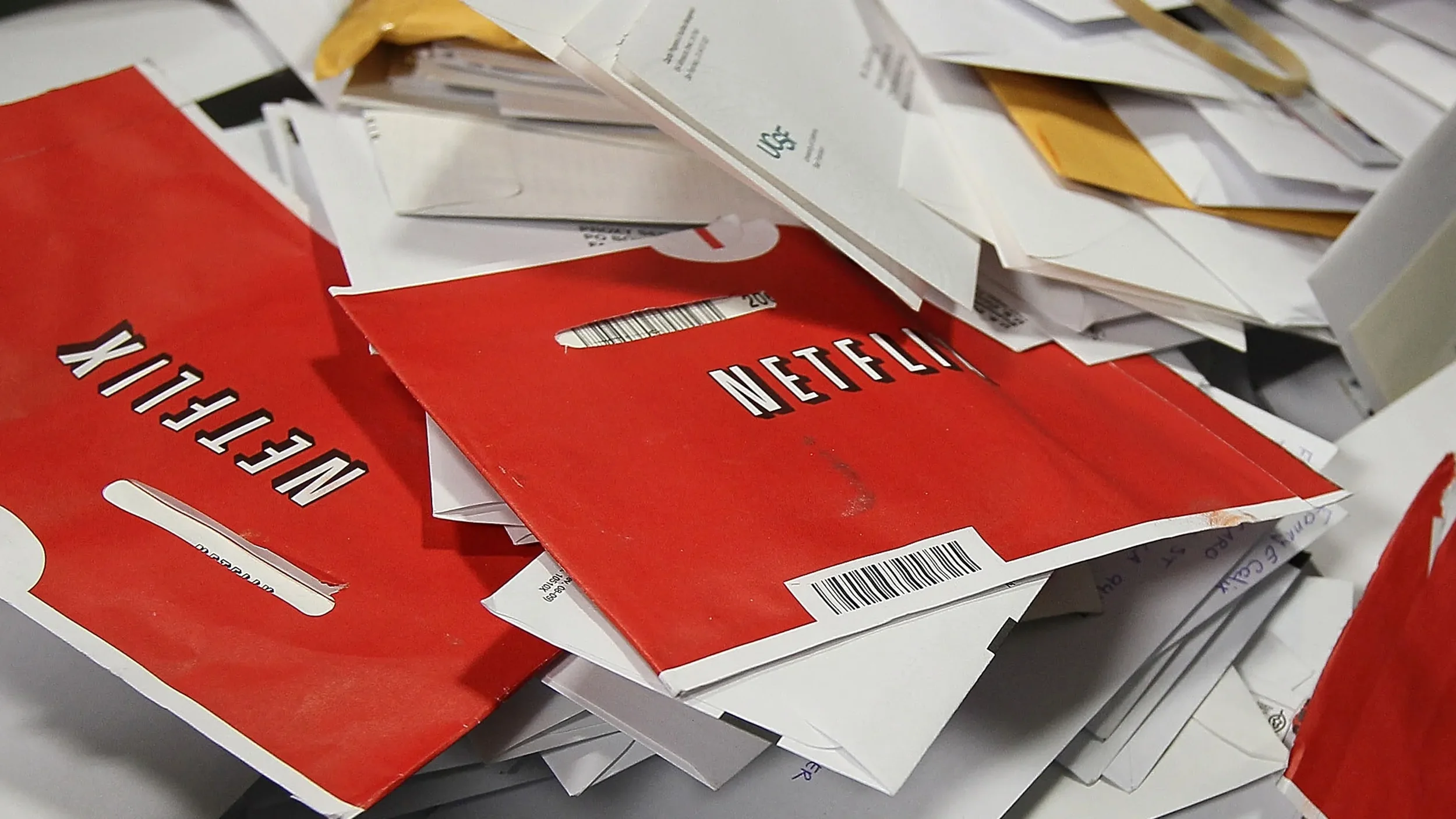When Progress Dehumanizes Us
Last week, Apple announced a staggering new feature for its AirPods Pro 3 headphones: live language translation. Does this mark the beginning of the end for miscommunication? Is it a next-generation technology capable of bridging cultures and erasing the perennial obstacles posed by language differences? At first glance, it may seem so, but I see it instead as another overvalued, ostentatious tool—one more plague bound to degrade humanity rather than save it.
From the printing press to Apple’s original Macintosh, civilization has ushered in wave after wave of astounding new technologies designed to make life easier, faster, and well, better! Many of us can hardly imagine life without modern conveniences and devices. Microwaves reheat and cook food in seconds, phones allow for instantaneous communication across the globe, and streaming services provide an endless catalog of entertainment. It’s all part of the brave new world we’ve welcomed with open arms. But what of the trade-offs? Surely they’re worth the cost? Perhaps.
A Price To Be Paid
With every new gadget or adopted technology comes a series of additional products and add-ons. A car requires regular maintenance—oil changes, tires, brake pads, spark plugs, filters—the list goes on and on, not to mention the gasoline needed to fuel it. All of this is certainly worth abandoning the horse and buggy or sparing oneself the effort of walking or biking to every destination. The same likely goes for washers, dryers, and dishwashers, which need detergents and the occasional soul-crushing repair. Consumerism has its price and consumers are almost always willing to pay it. After all, these modern advancements make us more productive and grant us more from time to…consume more!
A major shift in modern business has been the expansion of the subscription model, which essentially eliminates consumer ownership and contributes towards a techno-feudalistic society. Adobe, the creator of professional software like Photoshop, After Effects, and others, began this shift in 2011. After decades of selling software on CDs, the company switched from a one-time purchase to an ongoing subscription. Adobe’s CFO, Mark Garrett, likened the change to leasing a car:“We wanted this to be is you’re going to lease the car because it’s a different car. It’s a better experience. You get to leverage the cloud, collaborate, share, and sync. And store in the cloud and get updates all the time.” The shift was immediately met with backlash from longtime customers, sparking a petition with thousands of signatures that was ultimately ignored. But no matter how these companies try to sugarcoat it with “cloud” storage and convenient updates, it forces indefinite dependency on techno-conglomerates. They own the services, and you pay regularly to use them, with no option to turn those payments into an investment. Amazon made a similar intrusion into ownership rights when it removed the ability to download purchased e-books, as eloquently outlined by Jared Henderson in his YouTube video earlier this year.
Netflix was ahead of the game and made the switch as early as 2007, pivoting from its DVD-by-mail rental service (which my parents often used) to an online streaming platform. In competition with Blockbuster, Netflix offered consumers affordable options to rent movies rather than commit to purchasing and owning them. Years later, the company doubled down with an unlimited streaming-only plan, achieving enormous success that continues to grow today. Originally, the chief allure of online streaming was both its convenience and the avoidance of advertisements compared to cable television, which often forced consumers into expansive—and expensive—entertainment packages. Suddenly, viewers had a sizable catalog available on demand and without the dreaded commercial breaks. Funny how things change. In less than a decade, streaming has taken a circuitous route, and consumers once again find themselves paying for multiple streaming services (like those pesky bundled cable packages) and watching increasingly long ads—or paying extra to skip them.
These brief examples highlight ways in which ostensible advancements in society have slowly revoked ownership from our lives, but what about self-reliance? In what ways have we exchanged productivity or convenience for brainpower? How has our emotional and mental development been impacted?
Losing Ourselves
Let’s turn our attention back to the shiny new AirPods Pro 3 headphones and their groundbreaking feature. Working under optimal conditions carefully staged by Apple for demonstration, the feature works like this: A woman wearing AirPods walks up to a flower stand in Spain, and the florist greets her. In real time, the AirPods lower the volume of the florist and audibly translate what has been said into English. The shopper then holds up her iPhone horizontally and begins her response in English, which is simultaneously translated into Spanish and spoken aloud by the device.
What an awkward, clunky interaction! Setting aside the potential disasters of mistranslation due to slang, dialect, or nearby noise and let’s assume it works perfectly—this tool barely serves as a better alternative to typing on your phone and presenting the translation to your interlocutor. But far worse, this feature distances you from the human being in front of you, as their voice becomes silenced and reduced to a computerized tone in your noise-canceling headphones. Emotion, facial expression, and body language get lost in the background. Amidst a culture of increasing social isolation, the last thing human beings need is more technology to constipate communication and obstruct us from connecting on an intrinsically emotional level.
Nevertheless, I have no doubt that this technology will rapidly improve, and it’s only a matter of time before a version of it becomes standard practice for tourists around the world. What I fear more than the disruption to communicative behavior is the potential deterrent effect it may have on language learning. On the surface, language appears merely as a means of communication—a medium for exchanging information and expressing ideas. While it achieves those ends, as it has for millennia, the roots of language run much deeper than that.
Language is a vibrant tapestry of culture, history, art, literature, and lived experiences. Woven into the fibers of every letter, root, and syllable is the collective spirit of countless generations. This is why Charlemagne once said, "To have another language is to possess a second soul," and that soul is not found in a Silicon Valley device. Language is not just a list of referential words and phrases, but a tool with which we understand ourselves and the world. By exiting your native tongue and entering another, your brain is forced to think, see, experience, and express differently. This requires stepping into the unfamiliar waters of a foreign language and embracing the raucous current that thrashes you at every step.
Language exists at practically every intersection of life: daily communication, relationships, religion, cuisine, dance, music, art, history—the list goes on. The manner in which it shapes our consciousness and experiences is inexorable. So when we take the bold step into another language, it is a quasi-metaphysical leap into another consciousness. The meanings, context, and associations contained in each word influence how we navigate each of those intersections mentioned. For example, in Russian, the word for 'God' is Бог, and the word for 'wealthy' is богатый, which literally means 'blessed by God.' By understanding etymology and the ways culture, history, and religion influence language, we become capable of a deeper connection with one another.
But when technology like ‘live translation’ emerges, it discourages this bridge of connection from ever being built. Instead of a social interaction offering an opportunity to engage with different cultures, it becomes merely a means to an end. It reduces human interaction to words on a screen or AI-spoken recordings. Now, I grant that not everyone aspires to become a polyglot or devote their time to the rigor of language learning, but the concern is more about how this type of technology discourages curiosity and disrupts natural interaction.
Thief of Our Humanity
I fear that many advancements in technology are packaged as progress, but in practice degrade humanity. Surely, not all changes have such pervasive and corrosive consequences. As I mentioned earlier, most convenient products and machines are well worth the trade-offs, but we can no longer afford to be naive.
Artificial Intelligence allows millions to defer critical thinking.
Subscription services force us down a path of techno-feudalism.
Bite-sized content incentivizes reductionist, summarized information.
Social media increase digital connectivity and lessen physical.
Designer pharmaceuticals promote quick fixes instead of lifestyle changes.
And now an early attempt at ‘live translation’ discourages language learning.
Greater examples exist and merit thorough investigation that I have yet to conduct, but I felt compelled to share my fearful projections regarding Apple’s latest product announcement. We typically call people with such concerns “Luddites,” but were the Luddites really so wrong? Did the advancements of the Industrial Revolution, fueled by low-skilled and underpaid workers, not come at the expense of highly skilled laborers? Was this not a disruption to craftsmanship and skill development, as well as an encouragement of shortcuts and worker exploitation?
I see this feature as just another straw on humanity’s feeble back. By and large, our humanity—empathy, curiosity, motivation, hope, connectivity, rationality, patience—is being stolen from us by our own hands. We inch closer toward homo technologicus and further from man as we have always known him to be. Maybe for the better, maybe for the worse. Time will tell.

